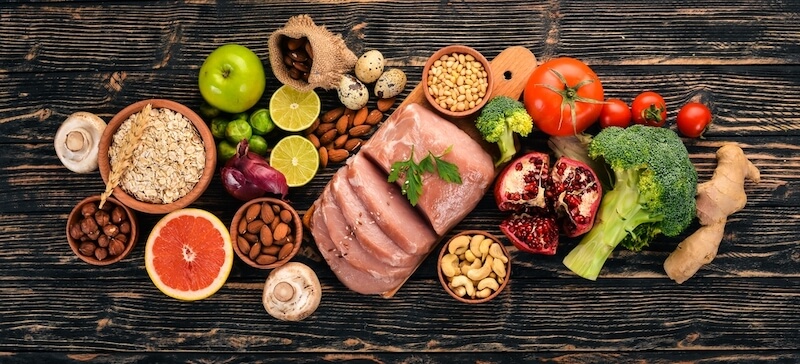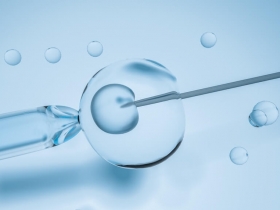What should you avoid leading up to and during IVF treatment?
IVF is a process that can have a heavy impact on your body. You are taking medications that alter your hormones and your menstrual cycle. This can generally make you feel odd and not completely like yourself. Many people talk about the perfect diet for IVF and what activities you should and shouldn’t do. While you should speak with your doctor first, here are a few foods and things that many say to avoid during IVF treatment.
What foods to avoid and what foods you should eat.
There are a few foods to avoid during and leading up to IVF treatment. It is recommended you should start cutting these foods out of your diet about thirty days before you start IVF. Everything is better in moderation, so if you aren’t willing to cut out some of these foods, cutting back is important.
- Trans and saturated fats should be avoided. Saturated fats are found in foods like red meat, butter, and whole milk. Too much saturated fat in your diet can be bad for you. Trans fats are found in many processed foods. During IVF treatment, making an effort to cook whole foods will help you avoid trans and saturated fats.
- Caffeine is a tough one for most to cut out. You don’t have to cut out coffee completely, but you shouldn’t have more than 200mg of caffeine per day or two cups of coffee. It is possible that those with a high caffeine intake could have reduced pregnancy rates.
Alcohol should not be consumed when undergoing IVF treatment. Alcohol may affect fertility, but it does have adverse effects on pregnancies, so it is best to avoid alcohol. [1]

Some foods you should try and add to your diet are as follows:
- The Mediterranean diet is a great diet to follow. Focusing on eating whole and fresh foods is the most important. The Mediterranean diet and a healthy lifestyle have been shown to improve fertility.
- Vegetables, fish, and fresh food. Eating fresh food and lean protein is great for your body.
- Healthy fats such as olive oil and avocados should be added to your diet. While avoiding unhealthy fats is important, you still need to eat foods with healthy fats. [2]
Talk to your doctor about your diet and what you need to change. IVF can be a process in which you lack control over the outcome. There are some things you can control such as the foods you consume.
Activities and chemicals to avoid during IVF.
Doctors typically recommend that you don’t change your routine too much during IVF. With exercise, it is recommended to continue your regular workout routine. It is recommended that you do not run more than fifteen miles a week. It is recommended that in general, you speak with your doctor about all of your more strenuous activities, but you can keep doing what you are doing unless your doctor says not to.
There are a few chemicals to avoid during IVF. EDC or Endocrine-disrupting chemicals should be thrown away. EDCs can affect your hormones, reproductive health, and prenatal development. Some other chemicals to avoid are:
- Formaldehyde is usually found in nail polish.
- Parabens, triclosan, and benzophenone. These chemicals can be found in cosmetics, moisturizers, and soaps.
- BPA, which can be in food packaging.
- Dioxins can be in meat, clay, and dairy. [3]
Talk to your doctor before adjusting your diet and lifestyle. Significant changes, even if they are healthy, can be hard on your body. Your doctor will advise you on the best steps to take to be healthy during IVF.
Sources:
[1] https://fertilityinstitute.com/blog/how-does-diet-affect-ivf/
[2] https://www.webmd.com/infertility-and-reproduction/news/20180130/a-diet-to-boost-a-womans-fertility
[3] https://www.healthline.com/health/guide-prepare-for-ivf#lifestyle-tips






